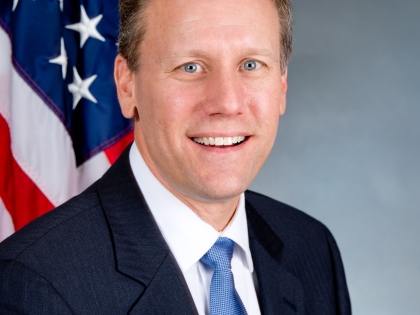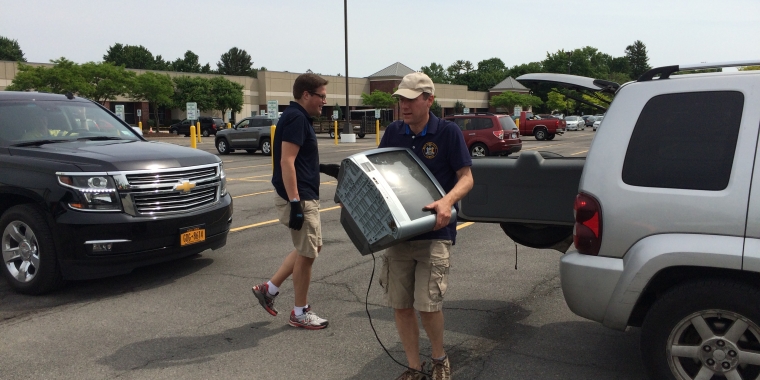
Campaign Finance Reform
It was said recently that few residents of New York go to bed thinking about the need to fix our campaign finance system. This may be true. I imagine that with property taxes as high as they are and with most families grappling with ever-escalating health costs, few people outside of government reform advocacy groups and editorial boards place campaign finance on their list of top priorities in Albany. But you can be sure that no matter what is on your personal list of priorities -- whether it includes reducing property taxes, improving schools, fixing Albany or any other issue -- the prospects for legislative solutions are greatly impacted by our exceptionally loose campaign finance laws.
It is important to remember that the last major overhaul of our state’s campaign finance laws occurred in the post-Watergate era. That may explain why New York has the most lax campaign finance laws in the country. Take the contributions limit to candidates: A state senate candidate can receive $9,500 for the general election, compared with a $2,300 limit for a U.S. Senate candidate. In addition to high limits and loose laws, New York has a limited system for enforcement.
As part of his effort to improve our state, Governor Spitzer presented a campaign finance proposal this year that would dramatically improve our state’s campaign finance laws. The Governor proposed changes that expand disclosure of so-called bundlers, place limits on soft money contributions to party committees, and reduce the contribution limits to Senate, Assembly and statewide candidates. The Governor’s plan also would create an enforcement unit at the State Board of Elections -- no such division currently exists.
In an attempt to reach an agreement this year that would improve this system, the Governor and fellow supporters of campaign finance reform have been in negotiations with other state leaders. In these talks many of the governor’s proposals have been watered down and, for certain, the full effect of the proposed changes have been reduced.
Still, these reforms and the pending agreement, which I am hopeful will be finalized soon, are critical steps in the effort to improve our state government.


